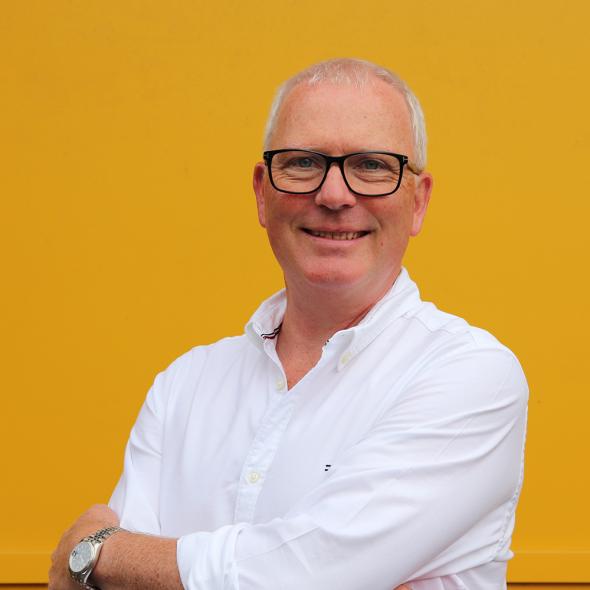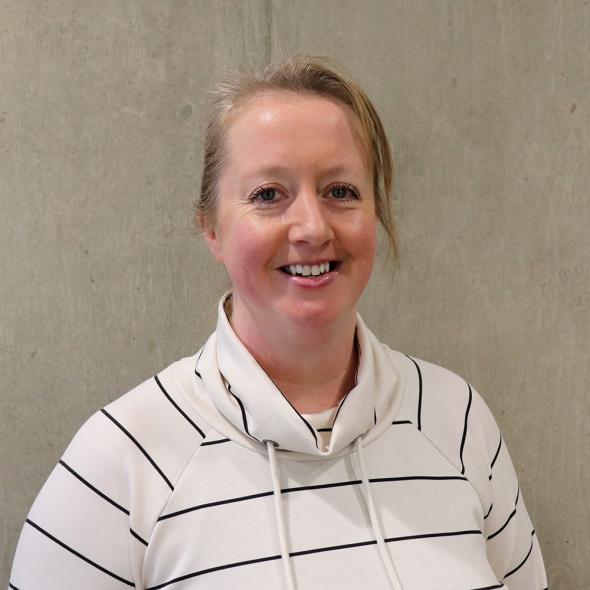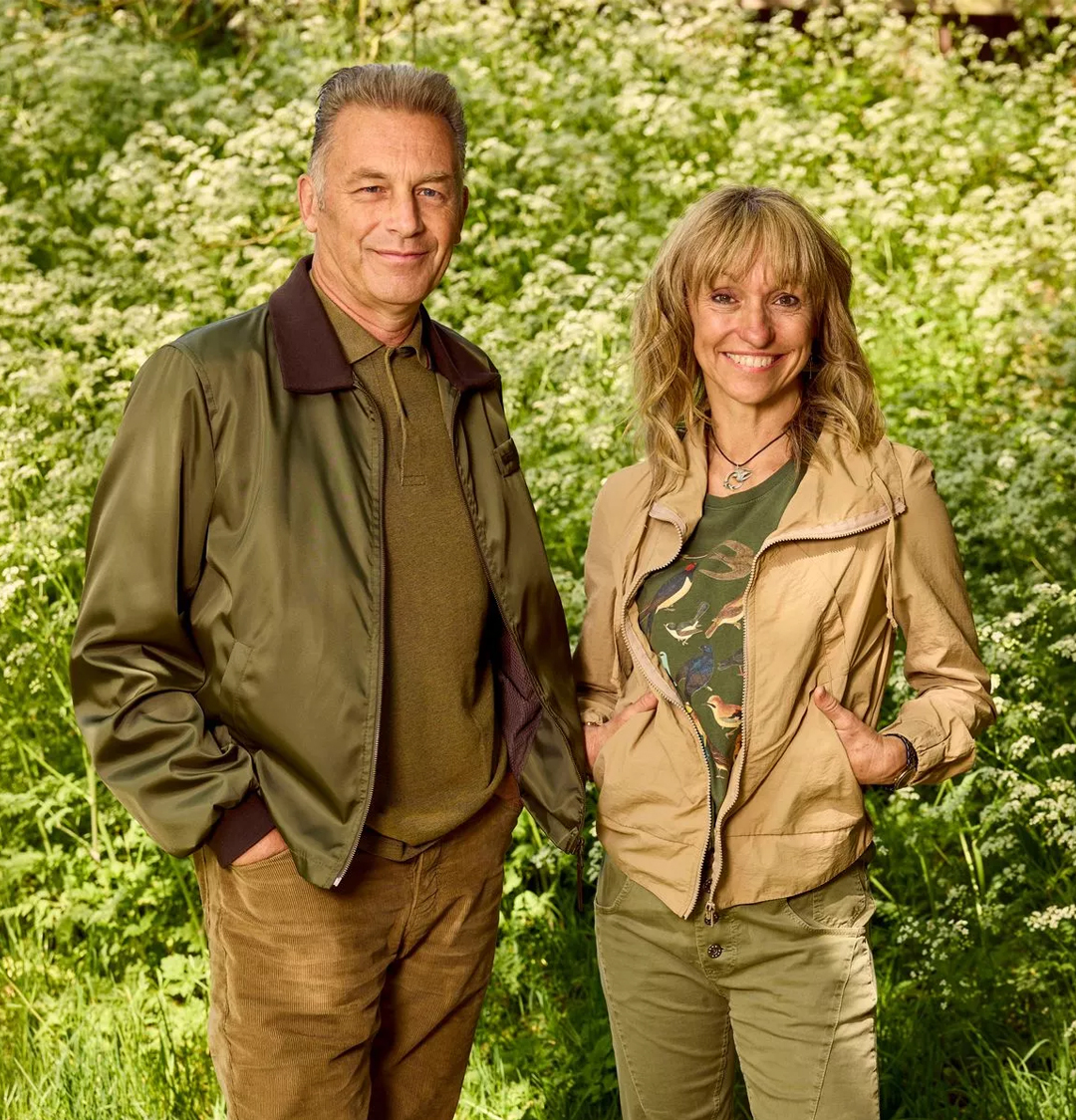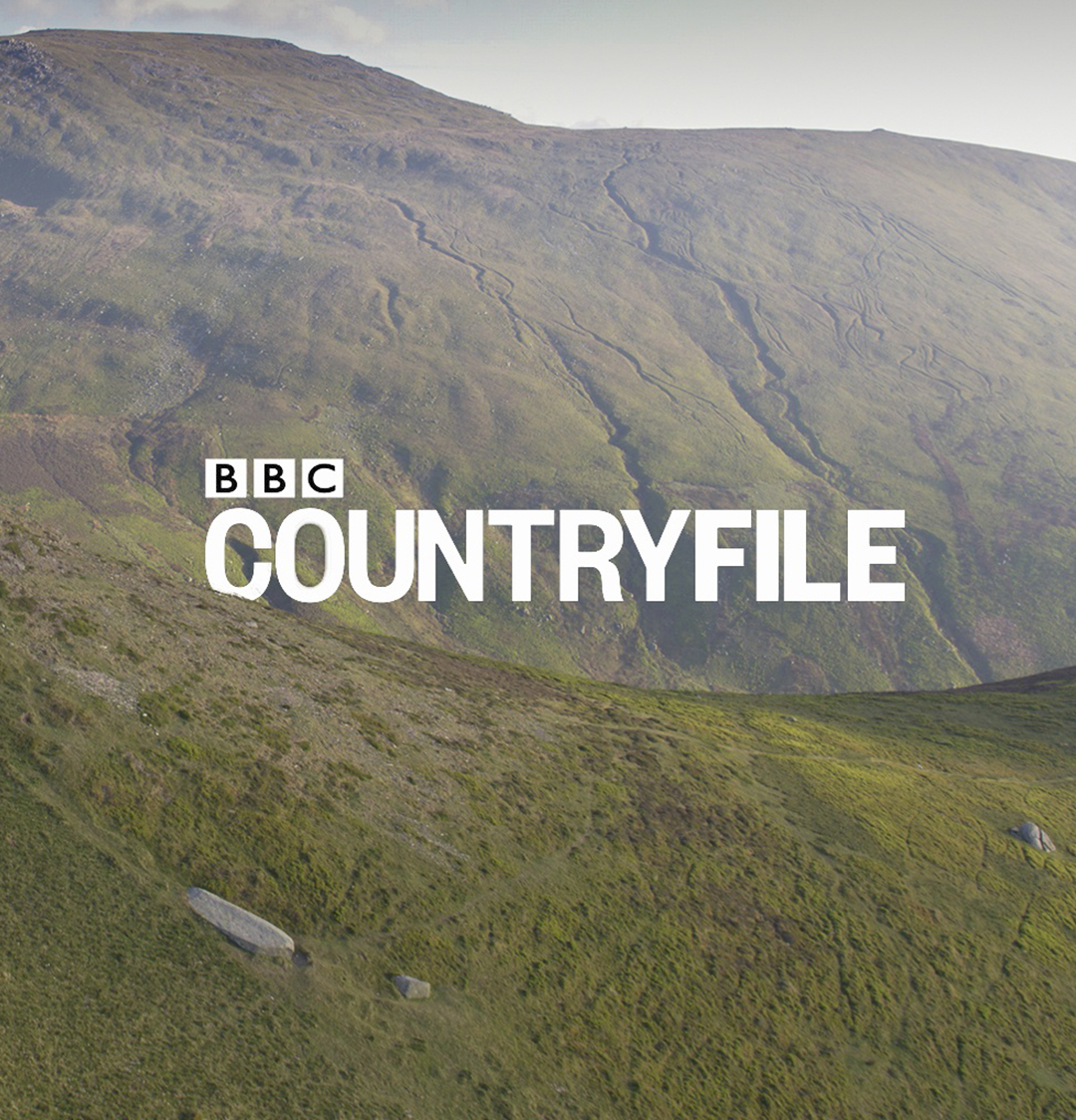COURSE OVERVIEW
Turn your passion for science and the natural world into thought-provoking stories.
Could you make the next Mysteries of the Universe or Our Planet? Gain the expertise needed to direct science and wildlife productions, the know-how to produce and direct entire shows and the confidence to generate and pitch ideas to commissioners.
What our students say
Content Tabs
Train to make your own films, and receive guidance from industry experts through workshops and exclusive masterclasses (including the world-renowned BBC Natural History Unit). Graduate with an unrivalled list of industry contacts and the skills needed to kickstart your career as a producer/director in this exciting industry. Unlike other courses of its kind, all production costs are covered by the School.
Students and course graduates are regularly recognised with key awards such as Student BAFTAs, Jackson Wild Media Awards, Student Academy Awards, Royal Television Society Awards, and at major festivals including NaturVision and Wildscreen.
COURSE FACILITIES
You will be given full access to the largest production facilities you’ll find at a film school in the UK, including top-of-the-range cameras and lenses, sound recording equipment and the latest editing software.
Gain the skills to confidently direct science and natural history productions, the know-how to produce entire shows, and the ability to generate new programme ideas and formats. You’ll gain a practical working knowledge of current television production methods and insight into how the business works, as well as being on top of current trends.
We put a strong emphasis on professional practice. This means that the projects you make will be expected to measure up to scientific scrutiny, as well as exhibition and broadcast standards.
You will carry out assignments in the specialist skills of long-lens, time-lapse and macro-photography. In the first year, you will produce, direct, shoot and edit a 10-minute film. In the second year, your 20-25 minute graduation film is made in collaboration with other NFTS students, including editors, composers and sound designers.
As part of the course, you will be exposed to the development and production challenges of specialist factual genres from Blue Chip natural history and landmark science series to children’s, people and nature, live, expedition films, magazine formats and observational documentary. In addition, there will be a focus on promoting cross-genre ideas to foster creativity.
You must be able to demonstrate your passion and commitment to developing a career in television, and may already have some experience of television production.
Typically, applicants will have a proven interest in science and/or natural history, which may involve a background in Physics, Chemistry, combined Natural Sciences, Zoology, Biology, Psychology, Wildlife Photography or film making.
While many applicants will have a degree from a British or overseas university, we will consider applicants who do not have a degree if they have an impressive portfolio, a creative track record or an alternative qualification.
International students Visa and English language requirements
If you have any questions, please email info@nfts.co.uk
The following item(s) should accompany your online application:
- A short proposal for a science or natural history television programme (one side of A4)
- Optional: A digital portfolio containing samples of your work specifying your exact role in each. This work does not need to be in the science and natural history area, as some applicants may not have a film or other programme-making background.
Applications will close at 23:59 on the day of the deadline, shown at the top of this page.
Professor Brian Cox's Tips for Science Filmmakers
Funding Available
The NFTS awards more scholarships and bursaries to British students, relative to the size of our student body, than almost any other educational institution in the UK. If you’re successful at gaining a place on the course, you will be contacted by our funding team with details on how to apply for one of these scholarships.
Upcoming Events
Tutors
Showcase
Burnt Country (trailer)
2024 graduation film
Director/Producer/Camera/Sound - Kirsten Slemint
Burnt Country was a finalist at the 2024 Student Academy Awards
Mail Order Queens (trailer)
2024 graduation film
Director/Producer/Camera - Luke Purdye
Mail Order Queens was a finalist at the 2024 Student Academy Awards
Directing and Producing Science and Natural History Showreel
Students typically shoot their own films but also collaborate with composers, editors and sound designers to bring their graduation films to life. These films are often recognised at international film festivals and become multi-award winning including Jackson Wild Media Awards.
The Halcyon Days (trailer)
2023 graduation film
Director/Producer - Robin Fisher
Robin's film won Best Newcomer at GREEN SCREEN International Wildlife Festival, one of the largest nature documentary festivals in Europe. It also won Best Short at Wildlife Film Festival Rotterdam.
Outsiders (trailer)
2022 graduation film
Director/Producer/Camera - Jehan Jeffrie
Outsiders was selected as an Honorable Mention in the 2022 Jackson Wild Media Awards. This is an honour for entries that did not move forward as category finalists, but were chosen the jury as worthy of recognition for some special aspect outside of their current categories.
Sagebrush Gold (trailer)
2022 graduation film
Director/Producer/Camera/Sound - Marcus Widger
Sagebrush Gold was the winner of the Newcomer Award at the NaturVision Film Festival.
The Caretakers (trailer)
2021 graduation film
Director/Producer/Camera - Tom Hanner
The Caretakers won the Best Short Film Award at the Wildlife Film Festival Rotterdam and was nominated for the Student Award at the Jackson Wild Media Awards in 2021.
Filming the Impossible: The Art of Science and Natural History
Learn about the 'impossible seven' of science and natural history filmmaking in this talk by Peter Leonard, Head of Directing and Producing Science and Natural History, delivered as part of the Royal Television Society (RTS) Future Careers Fair 2024.

















